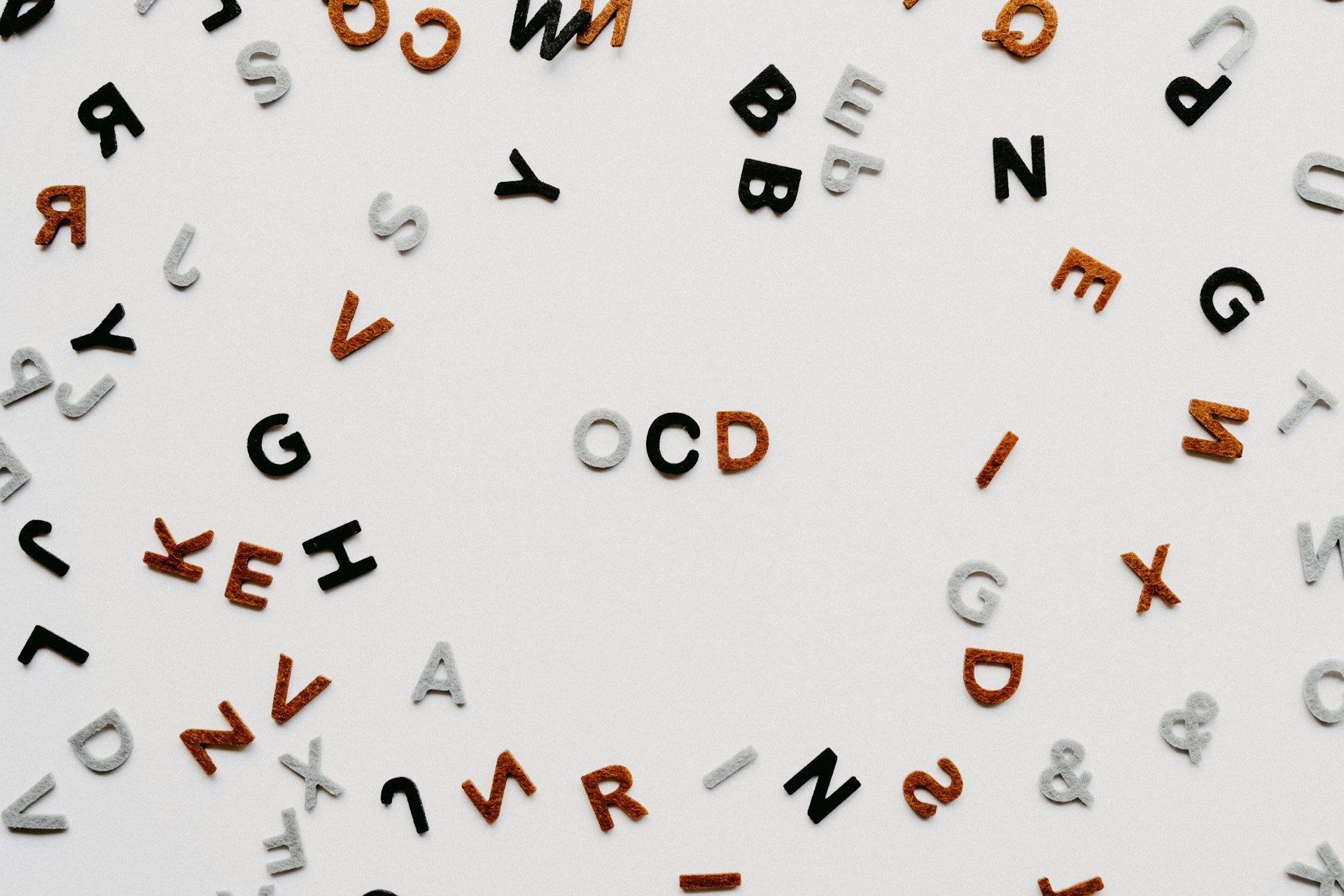Introduction
Sleep is the cornerstone of health and well-being. It's during sleep that our bodies repair tissues, our brains consolidate memories, and we rejuvenate both physically and mentally. Despite its importance, many people struggle with sleep disorders, conditions that disrupt our ability to sleep well regularly. While medication can offer short-term relief, it often comes with side effects and doesn’t address the root causes. This blog explores how natural remedies, including the healing power of crystals, can provide a holistic approach to managing and overcoming sleep disorders.
Understanding Sleep Disorders
What Are Sleep Disorders?
Sleep disorders encompass a range of conditions that affect sleep quality, timing, and duration. The most common include:
- Insomnia: Difficulty falling or staying asleep, leading to daytime fatigue and irritability. Chronic insomnia can severely impact daily functioning and mental health.
- Sleep Apnea: A serious condition where breathing repeatedly stops and starts during sleep. It often results in loud snoring and excessive daytime sleepiness.
- Restless Legs Syndrome (RLS): A condition marked by an uncontrollable urge to move the legs, usually due to uncomfortable sensations. RLS can disrupt sleep and lead to significant distress.
- Narcolepsy: Characterized by excessive daytime sleepiness and sudden sleep attacks, narcolepsy affects the brain’s ability to regulate sleep-wake cycles.
- Circadian Rhythm Disorders: Disruptions in the body's internal clock, leading to sleep timing issues, such as jet lag or shift work disorder.
These conditions not only diminish the quality of life but also increase the risk of developing chronic health issues like heart disease, depression, and diabetes.
Causes of Sleep Disorders
Understanding the root causes of sleep disorders is key to effective management. These can include:
- Psychological Factors: Stress, anxiety, and depression are leading causes of insomnia and other sleep disorders. The mind’s inability to shut down due to overthinking or worry can severely disrupt sleep.
- Physical Factors: Chronic pain, respiratory issues, and hormonal imbalances (like those seen in menopause) can interfere with sleep. Conditions like sleep apnea are often related to physical issues such as obesity or structural abnormalities in the airways.
- Lifestyle Factors: Irregular sleep schedules, excessive screen time before bed, and poor diet (especially caffeine and sugar intake) can all contribute to sleep problems. Shift work and frequent travel across time zones also disrupt the body’s internal clock, leading to circadian rhythm disorders.
Natural Remedies for Sleep Disorders
Importance of a Consistent Sleep Routine
A consistent sleep routine is foundational to improving sleep quality. Our bodies operate on a circadian rhythm, a natural, internal process that regulates the sleep-wake cycle and repeats roughly every 24 hours.
- Establish a Regular Sleep Schedule: Going to bed and waking up at the same time every day helps regulate your body’s internal clock. Consistency reinforces your sleep-wake cycle, making it easier to fall asleep and wake up naturally.
- Create a Calming Bedtime Routine: Activities like reading a book, taking a warm bath, or practicing gentle yoga can signal your body that it’s time to wind down. Avoid stimulating activities like using electronic devices, which emit blue light that can interfere with melatonin production, the hormone responsible for sleep.
Diet and Lifestyle Adjustments
What you eat and how you live directly affect how well you sleep.
- Foods that Promote Sleep: Consuming foods rich in magnesium, like almonds, spinach, and bananas, can help relax muscles and nerves, promoting restful sleep. Herbal teas such as chamomile and valerian root have been used for centuries to combat insomnia.
- Reduce Caffeine and Alcohol Intake: Both substances can interfere with your sleep cycle. Caffeine, a stimulant, can stay in your system for up to eight hours, while alcohol, though initially sedating, disrupts the latter stages of sleep, leading to poor sleep quality.
- Exercise Regularly: Engaging in regular physical activity can help you fall asleep faster and enjoy deeper sleep. However, exercising too close to bedtime can have the opposite effect, so aim to finish workouts at least a few hours before bed.
Mindfulness and Relaxation Techniques
Mindfulness practices can help calm the mind and prepare the body for sleep.
- Meditation and Breathing Exercises: Practicing mindfulness meditation before bed can help reduce stress and anxiety, key contributors to sleep disorders. Simple breathing exercises, such as deep belly breathing, can also activate the body’s relaxation response.
- Reducing Screen Time: Limiting exposure to screens before bed can significantly improve sleep quality. Blue light emitted by phones, tablets, and computers can suppress melatonin production, making it harder to fall asleep.
Healing Sleep Disorders with Crystals
Introduction to Crystal Healing
Crystal healing is an ancient practice that has gained renewed popularity in recent years. Crystals are believed to hold vibrational energies that can interact with the human body’s energy field, promoting balance and well-being. For those suffering from sleep disorders, certain crystals can be particularly beneficial in creating a calming environment that fosters restful sleep.
Top Crystals for Sleep Disorders
-
Amethyst: Known as the "All-Healer," amethyst is renowned for its calming properties. It helps reduce anxiety and stress, two major culprits of insomnia, and can promote deeper, more restorative sleep. Place an amethyst under your pillow or on your nightstand to harness its tranquil energy.
-
Lepidolite: This crystal contains lithium, a natural element used in many anxiety medications. Lepidolite is effective in relieving stress and stabilizing emotions, making it ideal for those who struggle with insomnia due to anxiety.
-
Moonstone: Moonstone is strongly connected to the moon and intuition. It’s known for its ability to balance emotional stress and bring about a sense of calm, which can be crucial for those dealing with sleep disturbances.
-
Selenite: Selenite is a powerful crystal for clearing negative energy from your space. By placing selenite near your bed, you create a peaceful, serene atmosphere that’s conducive to sleep.
-
Howlite: This stone is particularly effective in calming an overactive mind. Howlite can help reduce the mental chatter that often prevents sleep, making it easier to drift off peacefully.
How to Use Crystals for Better Sleep
Incorporating crystals into your nightly routine is simple and can be very effective.
-
Placement Tips: Place crystals like amethyst or moonstone under your pillow or beside your bed to allow their energy to permeate your sleep environment. You can also hold a crystal in your hand while meditating before bed.
-
Creating a Crystal Grid: For enhanced effects, consider creating a crystal grid around your bed. This involves placing multiple crystals in a pattern that surrounds your sleep space, amplifying their collective energy.
-
Combining Crystals with Other Remedies: Using crystals alongside other natural remedies, such as herbal teas or essential oils, can create a powerful synergy that promotes better sleep.
Conclusion
Sleep disorders can be incredibly disruptive, but there are natural ways to find relief without relying solely on medication. By understanding the root causes of your sleep issues and incorporating holistic practices like crystal healing into your routine, you can create a more peaceful, restful environment. The journey to better sleep is a deeply personal one, but with patience and the right tools, it’s possible to reclaim your nights and enjoy the restorative sleep you deserve.
If you’re struggling with sleep, why not explore the benefits of crystal healing? Share your experiences or questions in the comments below. For those interested in starting their crystal journey, check out our recommended products and resources to help you get started on your path to peaceful sleep.




